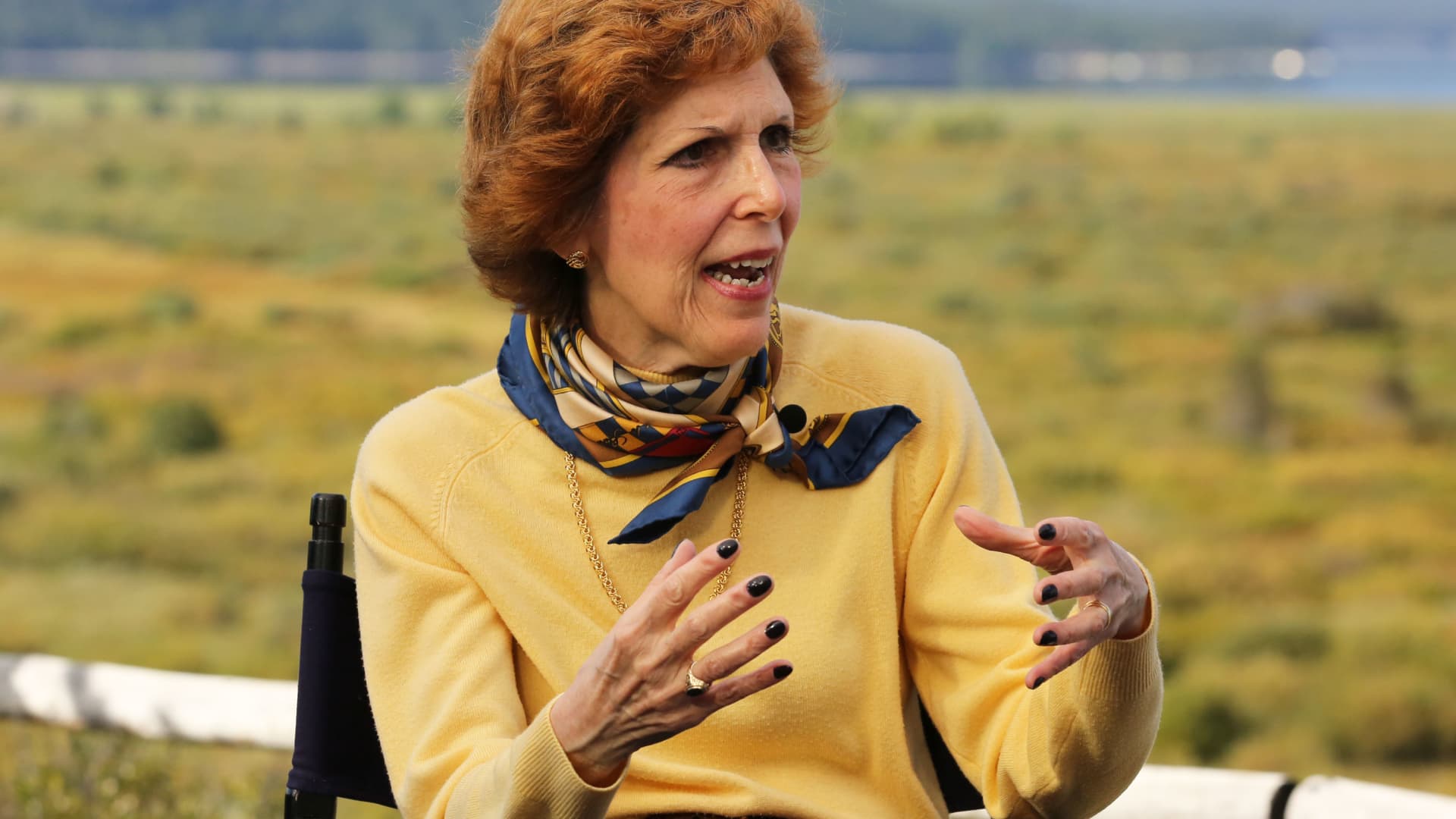Cleveland Federal Reserve President Loretta Mester said Thursday that this week’s news showing lower levels of inflation isn’t enough to convince her that the central bank has won its battle against higher prices.
“We’re making progress on inflation, discernible progress. We need to see more of that,” Mester told CNBC’s Steve Liesman during an interview on “The Exchange.” “We’re going to have to see much more evidence that inflation is on that timely path back to 2%. But we do have really good evidence that it has made progress and now it’s just, is it continuing?”
In separate reports, the Labor Department said that consumer prices were unchanged in October from the previous month, while wholesale prices actually fell 0.5%.
While the producer price index fell below the Fed’s 2% 12-month inflation goal, the consumer price index was still at 3.2%, and even higher when excluding food and energy, at 4%.
Following the reports, market pricing in the futures market completely eliminated the possibility that the Fed would be approving any additional interest rate hikes. Moreover, the market is now pricing in the equivalent of four quarter percentage point rate cuts next year, according to a CME Group gauge.
But Mester said she’s reserving judgment on where policymakers go from here.
“I haven’t assessed that yet. Where I think we are right now is we’re basically in a very good spot for policy,” she said.
Comparing the Fed’s position to navigating a ship, Mester said, “We’re at the crow’s nest. What does the crow’s nest let you do? It lets you look out on the horizon and see where the data is coming in, where the economy is evolving. And then we’ll have to see: Is it moving in the way that we forecasted?”
The Federal Open Market Committee next meets on Dec. 12-13.
Mester, who gets a vote on the committee in 2024 but will retire in midyear having met the Fed’s limit for time served, said she hasn’t made up her mind about where she thinks rates should go.
“My feeling is that it’s really not about cutting rates. It’s really about how long do we stay in a restrictive stance and perhaps have to go higher given what happens in the economy,” she said.
